
Dr Richard Brock
Senior Lecturer in Science Education
- Chair of the Business and Education Low Risk Ethics Panel and Research Integrity Advisor
Research interests
- Education
- Physics
Biography
Before joining King’s, Dr Brock worked as a secondary physics teacher. He is interested in learning in science education, particularly in critiquing the concepts of knowledge and understanding.
Dr Brock has used the microgenetic method, which uses relatively high frequency sampling to develop fine-grained representations of change, to study students' learning. He is interested in how short-term and long-term changes to students' learning can be represented.
Through his work on the PGCE, and with colleagues Alex Manning, Emma Towers and Helen Damon, Dr Brock has developed an interest in researching teacher wellbeing. They are interested in critiquing the wellbeing support available to teachers and developing new approaches to supporting teachers' and trainee teachers' wellbeing.
Dr Brock's research has also examined the nature of tacit knowledge and its role in science education and he has developed a series of booklets with the Institute of Physics that list stories for use in teaching physics.
Research
Dr Brock's current research focuses on a number of areas:
- The nature of knowledge and understanding in science education
- Teacher wellbeing
- Timescales of learning
- Tacit knowledge in science education
- The use of narratives in physics education
To see more about Dr Brock's research and a list of publications, please visit his PURE research profile.
Teaching
Dr Brock teaches on the following programmes:
- PGCE Science Education (Physics)
- STEM MA
- MA Education
PhD supervision
Dr Brock's current doctoral students are:
- Dave Dennis (2020-present), Resolving voices: How do Pre-Service Teachers and Early Career Teachers develop their professional knowledge within different settings?
- Jonny Berliner (2020-present), Barriers and facilitators to educational engagement for neurodiverse students in secondary chemistry classrooms.
- Liam Cini O'Dwyer (2021-present), Perspectives, barriers and opportunities around the issues of queer youth’s inclusion and participation in Science education.
- Chris Reid (2022-present), Learning Science: What’s curiosity got to do with It?
He is happy to supervise students interested in researching:
- Learning or conceptual change in science education
- The epistemology of science as it relates to teaching and learning
- Narratives in science education
- Projects related to science education that adopt quantitative methods or analyse secondary data sets.
Research
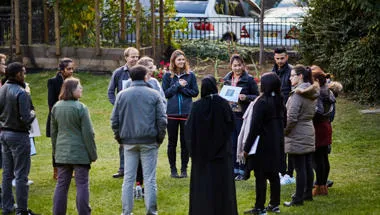
Centre for Research in Education in Science, Technology, Engineering & Mathematics (CRESTEM)
Centre for Research in Education in Science, Technology, Engineering & Mathematics (CRESTEM)
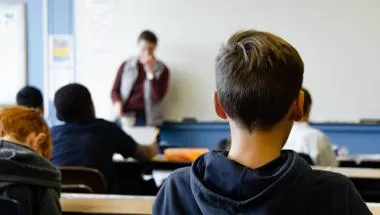
Sustaining teacher quality and retention post-pandemic
This project examines the impact of the substantial changes and sustained disruption caused by Covid-19 to the development of secondary school teachers.
Project status: Completed
News
Summer school promotes physics amongst young girls
Twenty-six students attended a three-day girls optics summer school at King’s College London in July, inspiring the next generation of female physicists.
Change your life with a scholarship to study STEM education
We are offering 13 scholarships covering 70% of the tuition fees to teachers working in state funded schools in England to study for a Master’s in STEM...

Announcing the 2025 Scholarships for the STEM Education MA
13 scholarships are available to commence the STEM Education MA in September 2025 covering 70% of the fees, equivalent to c.£7k.
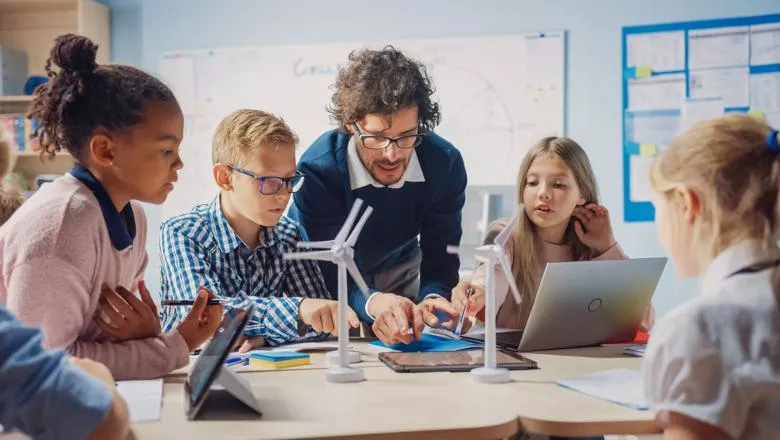
New online course developed from King's academics' resource book
Following the release of the sixth edition of resource book 'Becoming a Teacher', staff from the School of Education Community and Society have developed a...

Uncovering new educational trends as students use real-world data to learn about statistics
Brand new data from an international survey of teenagers is being used by students studying quantitative methods in educational research in the School of...
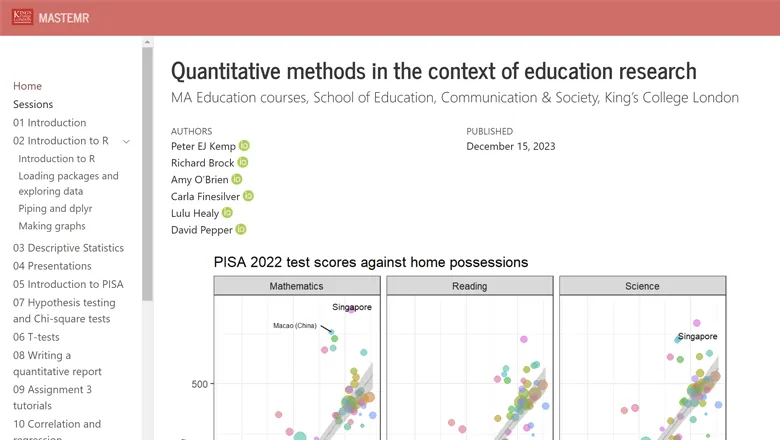
School students explore university physics with King's first Optics Summer School
Twenty-three Year 12 students keen to explore physics beyond the classroom joined the first King’s Optics Summer School, which gave them insight into studying...
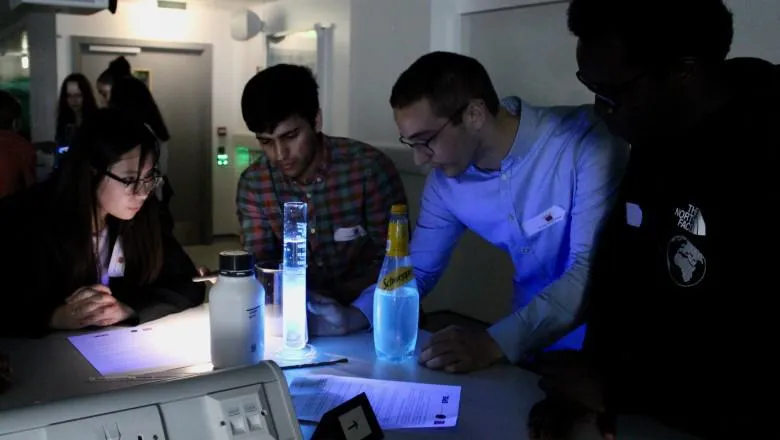
Research-informed primer book for teachers now up-to-date with latest educational issues
The School of Education, Communication & Society (ECS) at King’s College London has come together to celebrate the publication of the 6th edition of Becoming...

Key resource for new teachers now updated with contemporary issues in education
The sixth edition of Becoming a Teacher – Issues in Secondary Education has been published, now including new chapters on recent educational issues.

CRESTEM welcomes international researchers to discuss the use of fine-grained sampling methods in STEM education research
The Centre for Research in Education in STEM recently welcomed an international research team at King’s College London to share ideas about microgenetic...
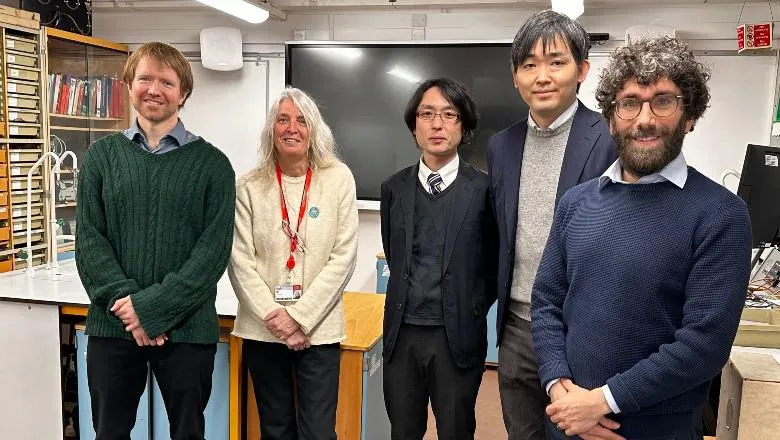
King's academic awarded 2022 Institute of Physics Daphne Jackson Medal and Prize
Richard Brock, Lecturer in Science Education in the School of Education, Communication & Society, has been awarded the 2022 Daphne Jackson Medal and Prize by...
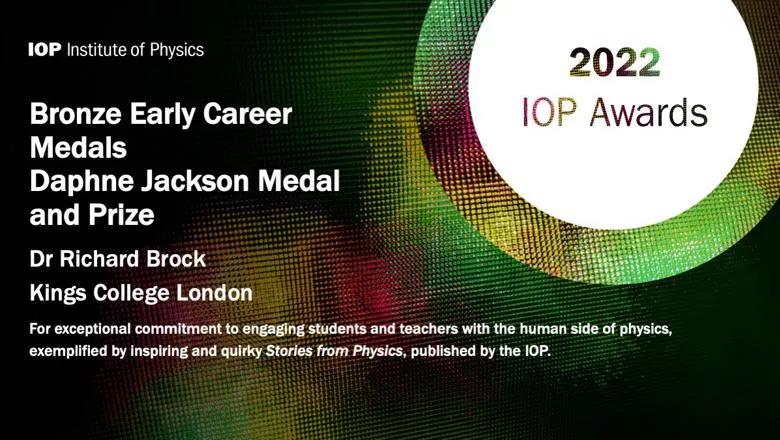
Events
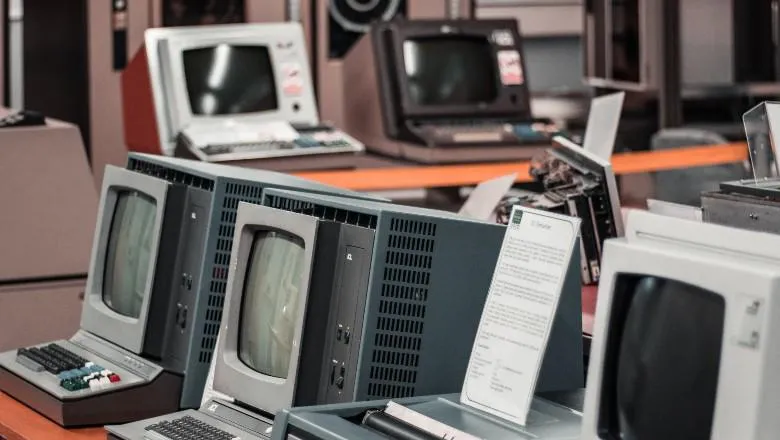
CRESTEM Keynote Lecture 2023: Astronomy or telescopes? Seeking a research agenda for computing education for young people
Delivering the 2023 Keynote Lecture organised by the Centre for Research in Education in Science, Technology, Engineering & Mathematics, Dr Sue Sentance will...
Please note: this event has passed.
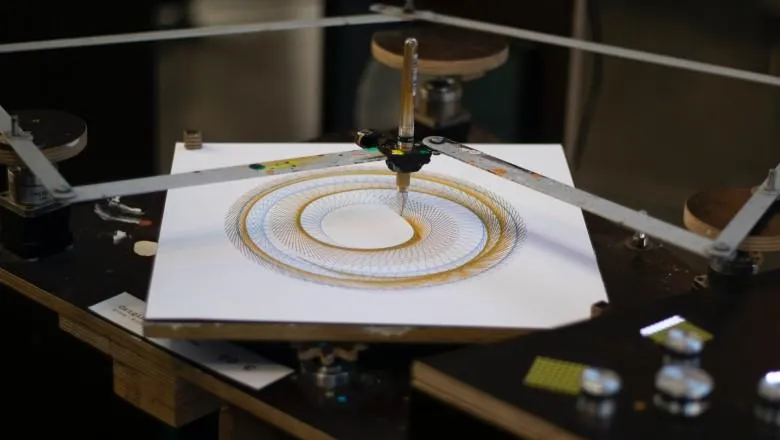
CRESTEM Keynote Lecture 2022: Aestheticising Mathematics Education Research
The 2022 Keynote Lecture organised by the Centre for Research in Education in Science, Technology, Engineering & Mathematics will take place online on 31...
Please note: this event has passed.
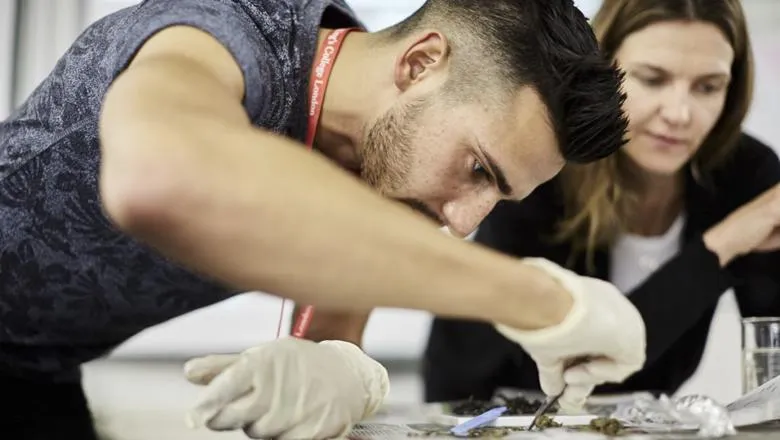
Valuing learning, knowing and understanding
Members of CRESTEM will explore the value of different learning performances in the science and mathematics classroom.
Please note: this event has passed.
Features
It's Just Research, Ep. 6: Exploring the seductive details of science education, with Richard Brock
Dr. Richard Brock shares insights from his journey through physics to education, highlighting his shift towards exploring the dynamics of learning and...

Alumni Voices: 'Be the change you want to see' - The story of Francis Jones
Francis Jones (MA STEM Education, 2022) is the founder of STEM@Home, a tech startup that seeks to bridge the accessibility gap in science education by...

Watch introductory videos to modules available on your Master's in education at King's
Dr Melissa Glackin and Dr Richard Brock, from the School of Education, Communication & Society, lead the modules of Environment, Sustainability and the Role...

Q&A with alumni: How an MA in STEM Education acted as a catalyst to launch into new adventures
Aylin Ozkan and Francis Jones, two recent alumni of the STEM Education MA, reflect on how the Master’s has given them the knowledge and confidence to explore...

Must-reads in education, communication and social sciences
The School of Education, Communication & Society at King’s College London houses research from a range of different fields – from linguistics to education...

How industry and academia are joining forces to equip STEM teachers for classrooms of the future
The first cohort of students has just completed a new MA in Science, Technology, Engineering and Mathematics (STEM) Education that prepares educators to...

Spotlight
New online course developed from King's academics' resource book
Following the release of the sixth edition of resource book 'Becoming a Teacher', staff from the School of Education Community and Society have developed a...

Research

Centre for Research in Education in Science, Technology, Engineering & Mathematics (CRESTEM)
Centre for Research in Education in Science, Technology, Engineering & Mathematics (CRESTEM)

Sustaining teacher quality and retention post-pandemic
This project examines the impact of the substantial changes and sustained disruption caused by Covid-19 to the development of secondary school teachers.
Project status: Completed
News
Summer school promotes physics amongst young girls
Twenty-six students attended a three-day girls optics summer school at King’s College London in July, inspiring the next generation of female physicists.
Change your life with a scholarship to study STEM education
We are offering 13 scholarships covering 70% of the tuition fees to teachers working in state funded schools in England to study for a Master’s in STEM...

Announcing the 2025 Scholarships for the STEM Education MA
13 scholarships are available to commence the STEM Education MA in September 2025 covering 70% of the fees, equivalent to c.£7k.

New online course developed from King's academics' resource book
Following the release of the sixth edition of resource book 'Becoming a Teacher', staff from the School of Education Community and Society have developed a...

Uncovering new educational trends as students use real-world data to learn about statistics
Brand new data from an international survey of teenagers is being used by students studying quantitative methods in educational research in the School of...

School students explore university physics with King's first Optics Summer School
Twenty-three Year 12 students keen to explore physics beyond the classroom joined the first King’s Optics Summer School, which gave them insight into studying...

Research-informed primer book for teachers now up-to-date with latest educational issues
The School of Education, Communication & Society (ECS) at King’s College London has come together to celebrate the publication of the 6th edition of Becoming...

Key resource for new teachers now updated with contemporary issues in education
The sixth edition of Becoming a Teacher – Issues in Secondary Education has been published, now including new chapters on recent educational issues.

CRESTEM welcomes international researchers to discuss the use of fine-grained sampling methods in STEM education research
The Centre for Research in Education in STEM recently welcomed an international research team at King’s College London to share ideas about microgenetic...

King's academic awarded 2022 Institute of Physics Daphne Jackson Medal and Prize
Richard Brock, Lecturer in Science Education in the School of Education, Communication & Society, has been awarded the 2022 Daphne Jackson Medal and Prize by...

Events

CRESTEM Keynote Lecture 2023: Astronomy or telescopes? Seeking a research agenda for computing education for young people
Delivering the 2023 Keynote Lecture organised by the Centre for Research in Education in Science, Technology, Engineering & Mathematics, Dr Sue Sentance will...
Please note: this event has passed.

CRESTEM Keynote Lecture 2022: Aestheticising Mathematics Education Research
The 2022 Keynote Lecture organised by the Centre for Research in Education in Science, Technology, Engineering & Mathematics will take place online on 31...
Please note: this event has passed.

Valuing learning, knowing and understanding
Members of CRESTEM will explore the value of different learning performances in the science and mathematics classroom.
Please note: this event has passed.
Features
It's Just Research, Ep. 6: Exploring the seductive details of science education, with Richard Brock
Dr. Richard Brock shares insights from his journey through physics to education, highlighting his shift towards exploring the dynamics of learning and...

Alumni Voices: 'Be the change you want to see' - The story of Francis Jones
Francis Jones (MA STEM Education, 2022) is the founder of STEM@Home, a tech startup that seeks to bridge the accessibility gap in science education by...

Watch introductory videos to modules available on your Master's in education at King's
Dr Melissa Glackin and Dr Richard Brock, from the School of Education, Communication & Society, lead the modules of Environment, Sustainability and the Role...

Q&A with alumni: How an MA in STEM Education acted as a catalyst to launch into new adventures
Aylin Ozkan and Francis Jones, two recent alumni of the STEM Education MA, reflect on how the Master’s has given them the knowledge and confidence to explore...

Must-reads in education, communication and social sciences
The School of Education, Communication & Society at King’s College London houses research from a range of different fields – from linguistics to education...

How industry and academia are joining forces to equip STEM teachers for classrooms of the future
The first cohort of students has just completed a new MA in Science, Technology, Engineering and Mathematics (STEM) Education that prepares educators to...

Spotlight
New online course developed from King's academics' resource book
Following the release of the sixth edition of resource book 'Becoming a Teacher', staff from the School of Education Community and Society have developed a...

